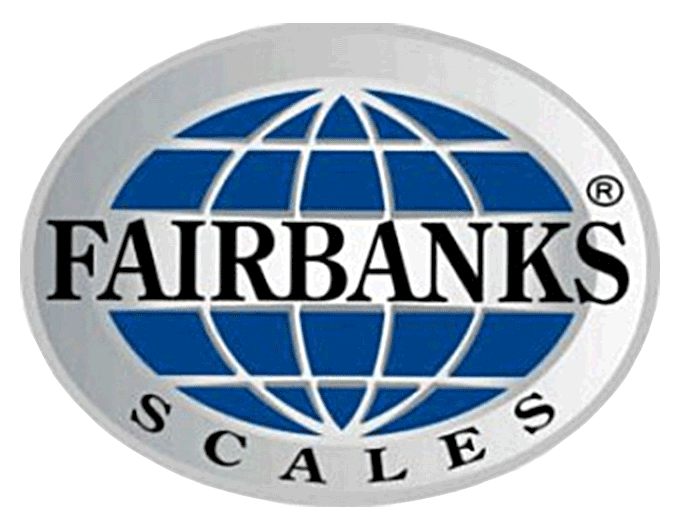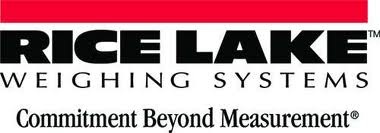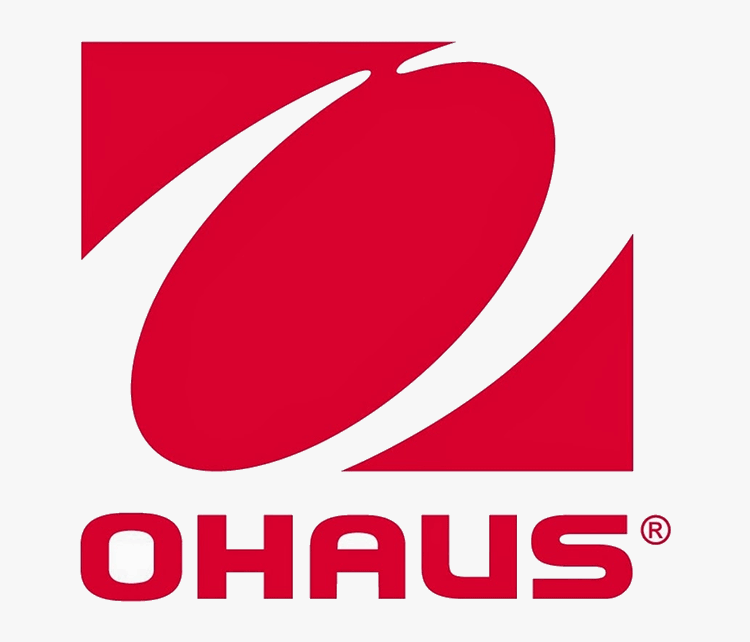Are you licensed? Of course you are. You have licenses for resale, business, for your commercial fleet, and many others. These licenses allow you to operate. You wouldn’t do business without them. However there is one license that many small businesses skirt around – the software license. It is the easiest license to get and the easiest to use improperly. If you forget to pay your business, or resale licenses you may have to pay a fine up to double the license cost. If you violate the license on a piece of software it could cost you your business.
My wake up call came when I got a notice from Microsoft that one of my pc’s had an invalid Windows installation on it. The computer was purchased from a local vendor, who was loading the same copy on multiple machines. We, through no fault of our own, were caught with a pirated copy of Windows. As soon as we were informed we purchased a new copy and installed it.
What rights do you have under the licensing agreement that you get with your software? Software publishers write their license agreements so that they have no obligation to the user, the program isn’t even required to work. They can do this because when you purchase a software package you aren’t actually purchasing a product, you are purchasing the privilege to use the software in accordance with the conditions of the software license.
What is the real definition of Software Piracy? Software piracy is the unauthorized copying or distribution of copyrighted software. Since you aren’t actually purchasing a product when you buy a software package, but just the rights to use it, its use is governed by the End User Licensing Agreement (EULA). The EULA tells you how many times you can install the software and under what conditions you can use it. If you make more copies of the software than the license permits, you are pirating. The EULA tells you if you can install it on multiple machines, and how many users are allowed to access it at a time. If it is the most common type of license, you are limited to one machine per license.
What about OEM Software? Original Equipment Manufacturer (OEM) software is the software that was installed on the computer by the manufacturer. The EULA for most OEM Software states that it can only be installed on the machine it was supplied with. This means that if you have an OEM copy of an operating system and the computer is physically destroyed, the software can’t be installed on a new computer. OEM licenses are non-transferable, so if you sell the computer or donate it to charity the new owner is required to purchase a new license for all of the software on the machine.
Yeah, but who is going to enforce these license agreements? Software licensing is enforced by the Business Software Alliance (BSA) and the Software & Information Industry Association (SIIA). According to the BSA it “…is the largest and most international IT industry group, with policy, legal and/or educational programs in 80 countries.” (https://www.bsa.org). It’s members include, Microsoft, Apple, Autodesk, MacAfee, Intel and many others. The SIIA on the other hand declares that it is “…the principal trade association for the software and digital content industry.” (https://www.siia.net). It’s members include, Adobe Systems, Bank of America, Dell, Google, IBM, McGraw Hill, ThomasNet, and tons of others.
Again, yeah, but how are they going to catch me? Have you ever had a disgruntled employee? The BSA and the SIIA both have programs that offer rewards of up to $1,000,000 for the confidential reporting of software piracy. This could make that disgruntled employee happy while ruining you. The BSA paid out $136,100 to 42 informants that provided verifiable information about unauthorized software use in 2008 (the latest year reported).
Has an employee taken a copy of the software home and installed it on his personal computer? When he logs onto the Internet the software may call home to report that it has been installed. The software companies are starting to audit these activations and take action.
When the BSA and the SIIA receive a notice of piracy, they send the offender a notice that demanding that it produce an inventory of all of its computers and proofs of purchase for each software package used on them. They typically give 30 days to comply with the demand. If the demand is ignored civil proceedings are instituted. If an employee installed a game or even software needed for his job on his computer, and it isn’t licensed properly, your company is liable. Purchasing licenses after you receive a notice of an audit will not protect you. The BSA figures their penalties based on the level of compliance you had before you received the notice. You can expect to pay a penalty of approximately ten times the full retail cost of the software, as well as legal costs. The maximum civil penalty for a license deficiency is $150,000 per infraction, while criminal penalties can put you in prison for up to five years.
How can I protect myself and or my company? First, you must understand what the terms of the EULA mean to you and your company. This can be easy for a small businesses and complex for larger companies. After that, you need to develop a comprehensive and accurate record keeping system to track software purchased and the systems where installed. The next step is to develop a comprehensive Information Technology (IT) policy. This policy should indicate a commitment to follow the requirements of the EULA’s, and implement a system to track software that is installed on your computers. Remember, you are responsible for software that your employees install on their work computers as well as any software that they may take home. And finally, you actually have to comply with the rules. This means buying the number of licenses required by the EULA.
Software auditing tools are available from the BSA and SIIA websites. These tools if used properly can help you identify the software and hardware on your systems as well as determining if it is properly licensed. Both the SIIA and the BSA recommend using these tools regularly.
What about freeware and shareware? Free software is always an option, but you need to do your homework before switching to it. First you must determine what your needs are. How do you use your computers? Do you rely on specific software packages? Is there a free alternative to the software that you rely on? Is there a work around for the free software package that does most of what you need but not all?
The following is a list of high quality free software that can often replace proprietary software used daily in offices:
GnuCash is a small business financial accounting software package;
DoubleCAD XT is an AutoCAD LT work-alike;
OpenOffice.org is a free office suite that can open and save most
Microsoft Office documents;
and there are several free operating systems available from Linux, BeOS, to Free BSD (most include OpenOffice.org).
Another option is cloud computing where the software is on the internet instead of your computer. To write a memo log onto the internet, browse to your word processor, and write away. Google Docs is a prime example of the concept. From your Google account you can use Google Docs to write documents, create spreadsheets, and create online presentations. All you need is an internet capable computer.
What did I do? Most of my office computers run Linux. I chose Linux because it has most of the software needed for every day use without having to manage software licenses. We have two machines that run Windows full time because our accounting and service software can’t run on Linux. Two laptops normally run Linux unless they are needed for interfacing with PLC’s or scales. When they do, they are re-booted and Windows is launched. This solution works for my company. What you need will certainly be different.
With a little work, you can guarantee that you will not have problems with improperly licensed software. While I wanted to get as far away from proprietary software as I could, I found it almost impossible to do. Most companies rely on software that is designed to run on Windows. Unless this changes, some of your computers will use Windows. Remember that your computer licensing is just as important as any other license used in your business.








